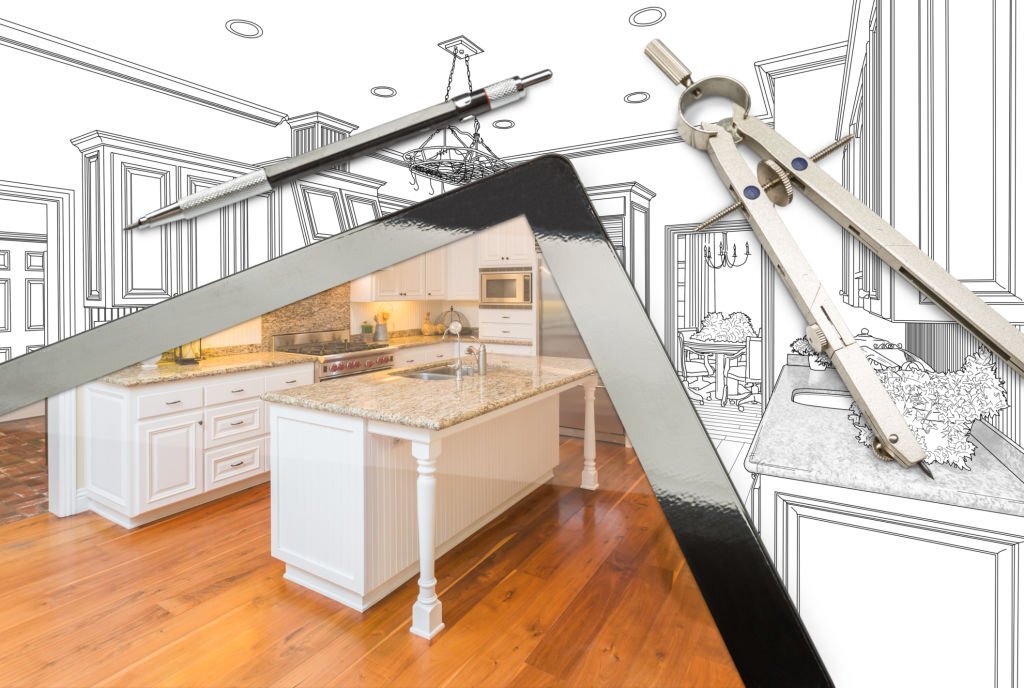Virtual Walk-Through
3D architectural visualization, requires careful planning and execution
Walk-Through
A virtual plan typically refers to a comprehensive strategy or blueprint for implementing a virtual project or initiative. Virtual plans can encompass a wide range of applications, from virtual events and virtual tours to virtual workplaces and virtual learning environments. Below is a general outline for creating a virtual plan.
Benefits of  Virtual Walk-Through
Virtual planning, often associated with the use of computer-aided design (CAD) software and virtual reality (VR) technologies, offers numerous benefits across various industries and applications. Here are some of the key benefits of virtual planning:

Improved Visualization
Virtual planning allows stakeholders to visualize designs and concepts in a highly realistic and immersive manner. This helps in understanding complex ideas and making informed decisions.

Time Savings
Virtual planning accelerates the design and development process. It allows for rapid prototyping and iterative testing, reducing the time required to bring a product or project to market.

Enhanced Collaboration
Virtual planning tools enable collaboration among team members, stakeholders, and experts from different locations. They can work together in real time, fostering better communication and idea sharing.

Remote Inspections
In situations where physical inspections are challenging, such as during a pandemic or in remote locations, virtual planning can facilitate remote inspections and assessments.

Design Optimization
Virtual planning allows for the fine-tuning of designs. Engineers, architects, and designers can optimize structures, products, or layouts for efficiency and functionality.

Customization
Virtual planning allows for easy customization of designs and plans to meet specific client or user requirements.
Creating Future Now With AZ Virtual Space
Quik Link






AZ Virtual Space© All Copyright 2022
Powered by eSytes™
